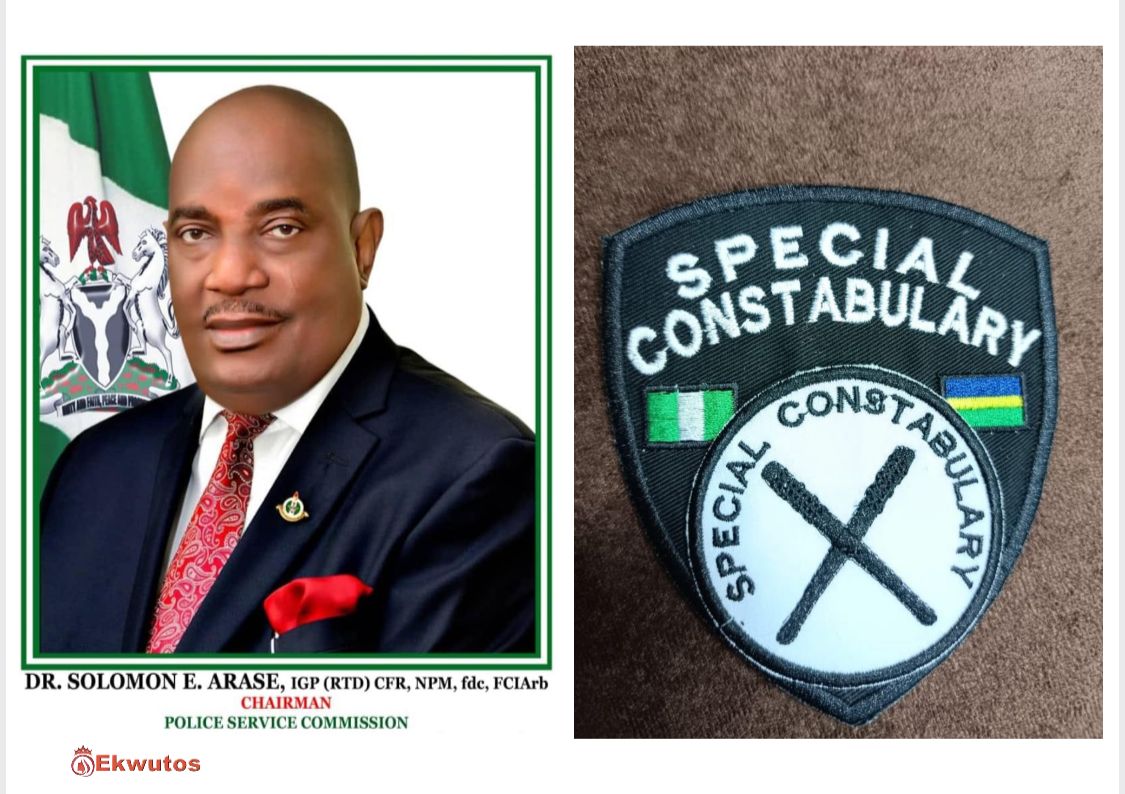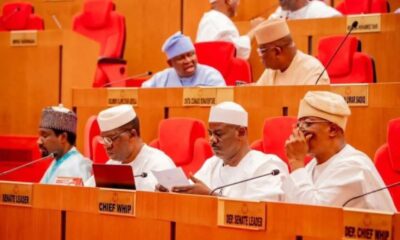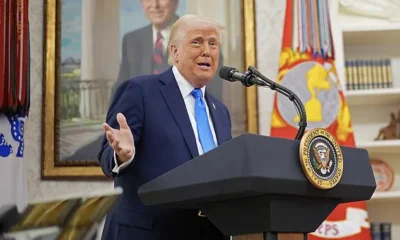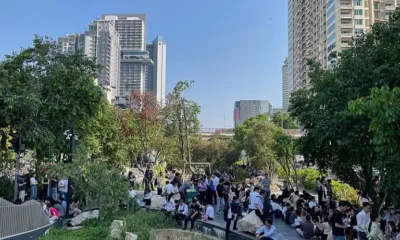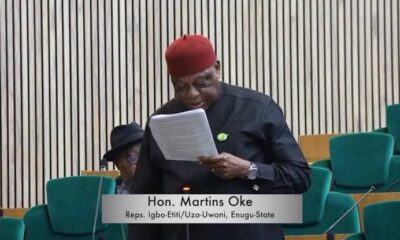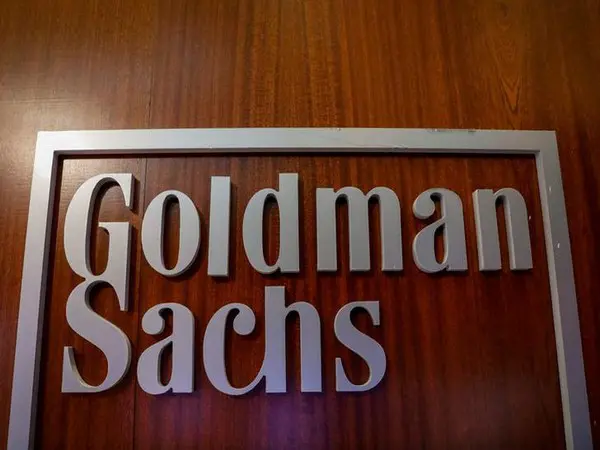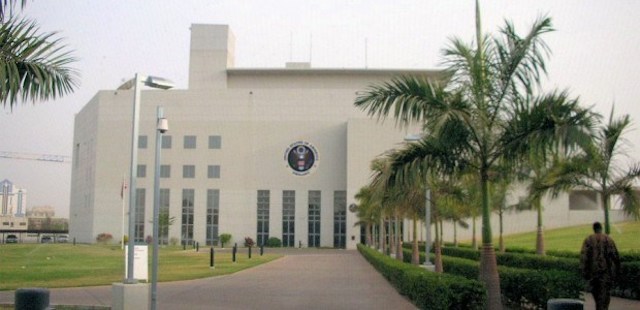By Kazeem Ugbodaga
The United States has issued a stern warning to Nigerians overstaying their visas, declaring that violators could face a permanent travel ban and possible criminal prosecution.
In a message released via its official X handle on Monday, the U.S. Mission in Nigeria left no room for doubt, stressing that consular officers have full access to immigration histories and would detect any past visa violations.
“If you overstay your U.S. visa, you could face a permanent ban on traveling to the United States, as well as criminal prosecution,” the statement read.
The Mission further dismissed claims of accidental overstays, stating emphatically, “There is no such thing as an ‘honest mistake’ – it is your responsibility to use your visa correctly.”
This latest warning follows increased scrutiny of immigration violations as U.S. authorities tighten regulations on non-compliant visitors.
With thousands of Nigerians travelling to the U.S. for tourism, business, and education, this development signals severe consequences for those who fail to comply with visa rules.
In recent months, reports have surfaced of Nigerians facing difficulty renewing U.S. visas due to past overstays.
Immigration experts warn that even a short overstay could trigger long-term travel restrictions, making it harder for offenders to secure future entry into America.

